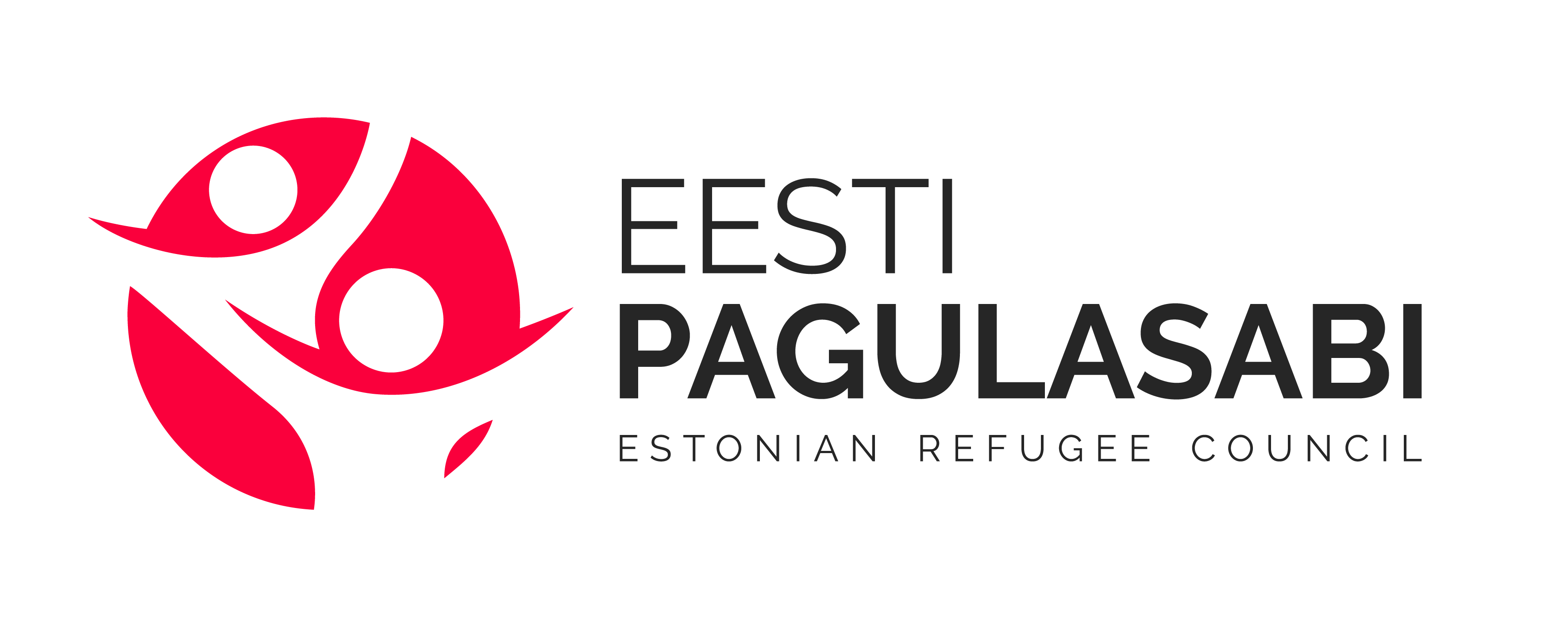
Balqees Alaarag: I proved that women can also be successful in IT
Balqees Alaarag, a 23-year-old assistant in Jordanian branch of the Estonian Refugee Council, talks about what changed in her life when hundreds of thousands of Syrian refugees arrived to Jordan. She also discusses about women's rights and the importance of education. "The most beautiful thing about Syria is the simplicity of the people and how kind they are to the guests," says Balqees. Interviewed by Hille Hanso, Estonian Refugee Council’s humanitarian aid coordinator.
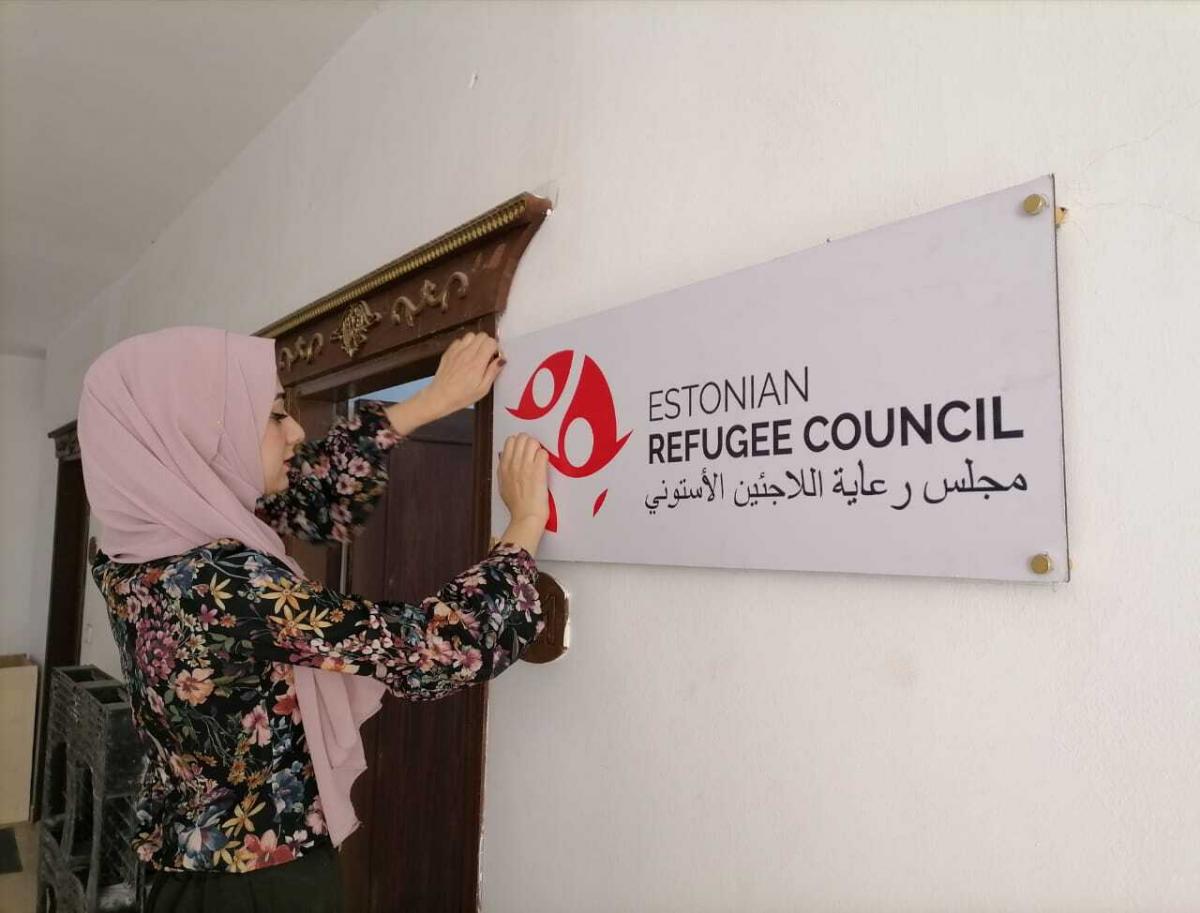
The Syrian conflict started almost ten years ago in Daraa region, only a short distance from where you live. What happened in your neighborhood when hundreds of thousands of Syrians came? What changed in everyday life? What do you remember from the days when they crossed a border in need of shelter?
In the beginning, there was a great difficulty for the Syrians in finding housing and rebuilding a family life from scratch. Syrians were also subjected to bullying, as Jordan already had a high unemployment rate, and Jordanians ended up not finding work because Syrians in need were agreeing to work for lower wages. Significant changes occurred, such as the rising prices of food and housing. Refugees also needed access to education, social services, etc. Our state, in cooperation with international organizations, created large refugee camps, and many humanitarian aid programs started. After some time, the Syrians and Jordanians began to merge and became one society, and many problems got solved. But the major issue is still there – limited access to the labour market.
What actions did you and your friends do, when the influx of the refugees started?
After the influx of Syrian refugees to Jordan, my friends and I began to apply to volunteer work with humanitarian organizations to provide community services to the refugees. For example, we launched an initiative that focuses on teaching these groups handicrafts, so they could start having their own income.
Also, we used to conduct training courses for both Syrians and Jordanians to enhance community integration. Some of my friends are specialists in individual psychological therapy, so they began doing sessions to treat those who experienced post-crisis problems.
We are continuing this work as of today.
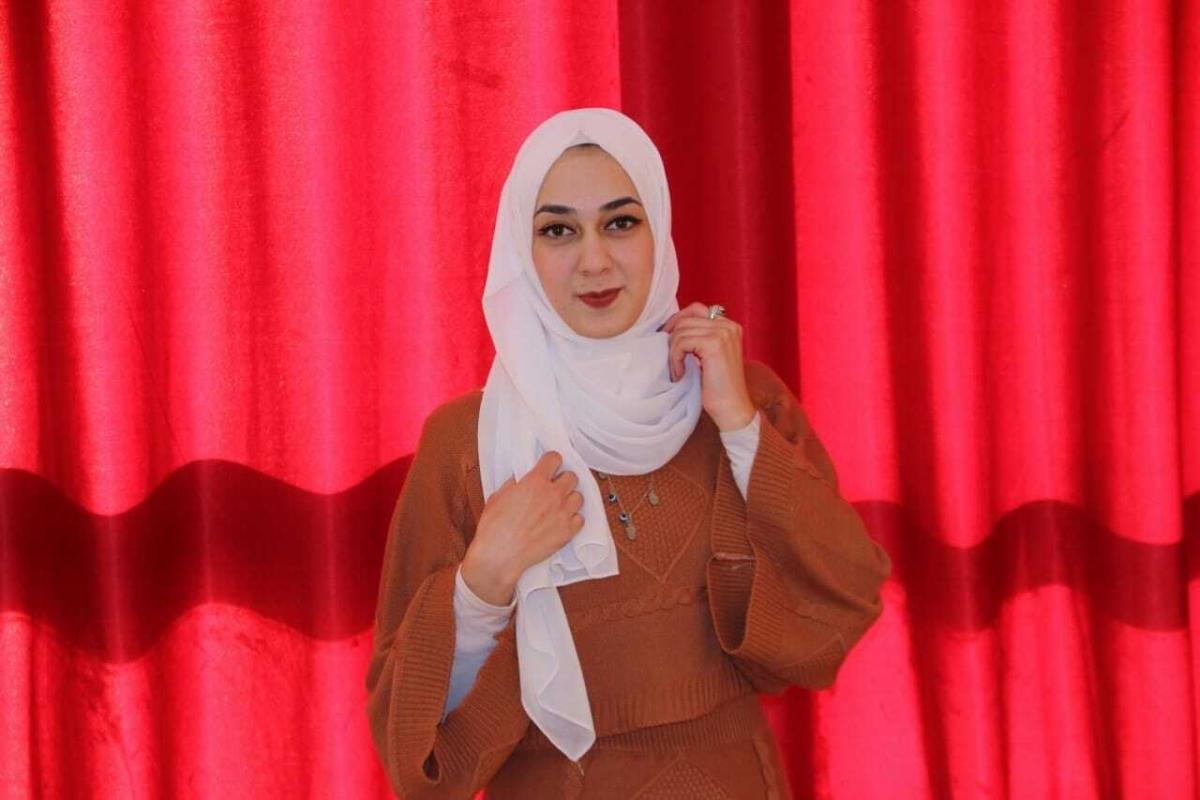
What about your education? What do you study, and why did you choose this field? As a great example of a modern Jordanian woman, can you comment on what is the general situation in women accessing education in Jordan?
I studied information systems management, and my undergraduate is in information technology from Al-Balqa Applied University. I chose it because I wanted to be part of advancing technology, innovation, and creativity. Currently, I am completing my studies in computer science at Al-Bayt University. We have a great social life; I love my friends who come from several regions. Sometimes we go out to entertain ourselves and visit each other's homes, and we support each other in work and develop our competencies.
I had to overcome several issues when I started the Tawjihi[i] stage in my community. There are still several customs and traditions that generally prevent women from getting their education or obtaining a specific job. Historically, women were often considered to be weaker, so men were given power because they were physically stronger. Women were not allowed to go to remote places on their own or even leave their houses alone. On one hand it was to protect them, but on the other hand it resulted in limiting their rights.
Once I got the opportunity to start my studies, I began to take training courses in several fields. Upon graduation, I was the first in the field of information technology. I proved that women could obtain certificates in IT and be successful. I was able to overcome the hurdles, and I am currently educating other women about their rights.
There are more openness and encouragement towards studying in today's Jordan, and people have become more aware of the need for academic certificates and intellectual knowledge. But there are still significant obstacles that prevent all females and youth from getting it: the high price of education and difficulties in obtaining scholarships.
How did you get a job in the Estonian Refugee Council?
I applied for the job vacancy as an assistant to ERC Country Director Omar Al Akhras, I got shortlisted and was then selected for the job. In the last projects, funded by the Estonian Ministry of Foreign Affairs, we focused on livelihoods by training beneficiaries interested in starting small businesses or expanding their existing ones. We provided devices and machinery to those who managed to develop the most viable business ideas so that they'd get started. I was responsible for teaching and the overall success of the training.
I help different partners with different phases of the projects.
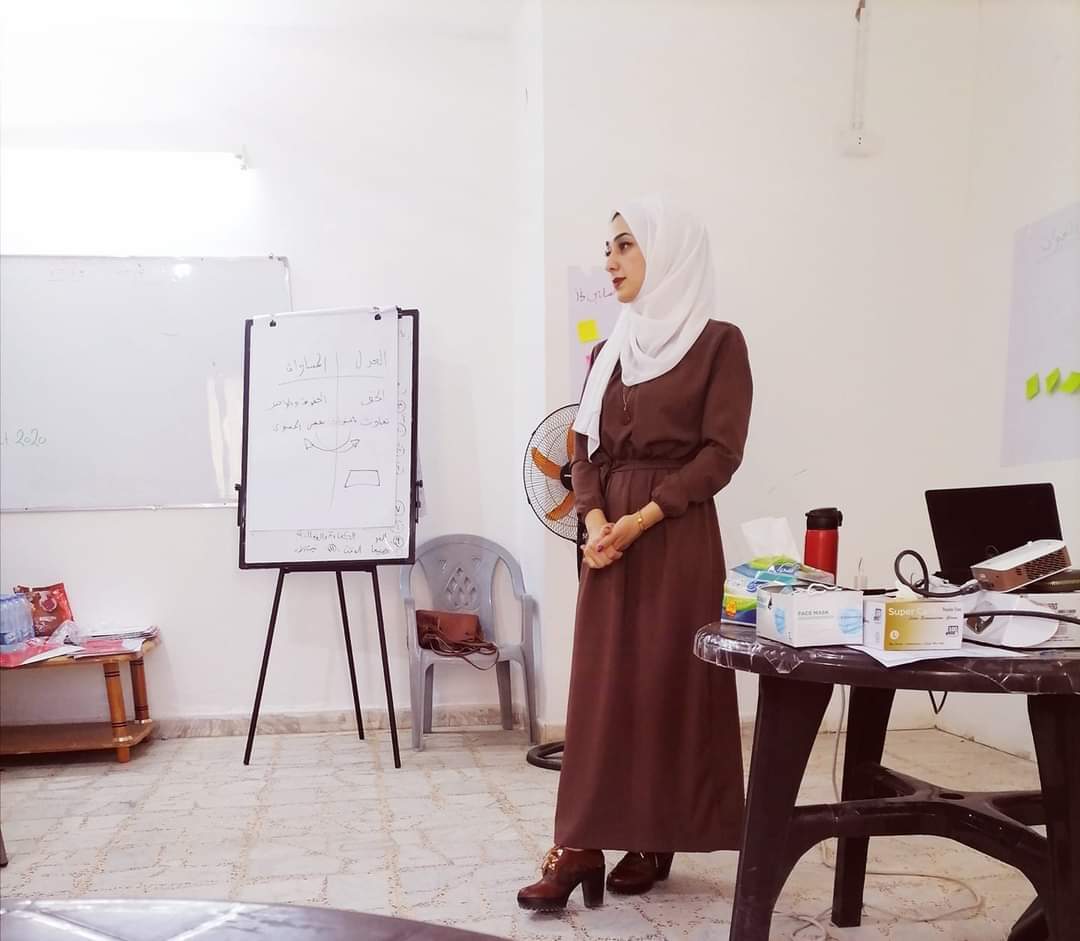
How is the humanitarian sector viewed as a career option in Jordan?
The humanitarian sector in Jordan is still widely spread as an employment sector. It is good this sector exists because it has led to greater community awareness and support for the vulnerable communities.
On another note, working with the Jordanian and Estonian teams I have learned many things, including that working with a team is the foundation of success and that the appreciation of others is an essential part for me. I dream of visiting Estonia one day, it's a developed and tech-savvy country.
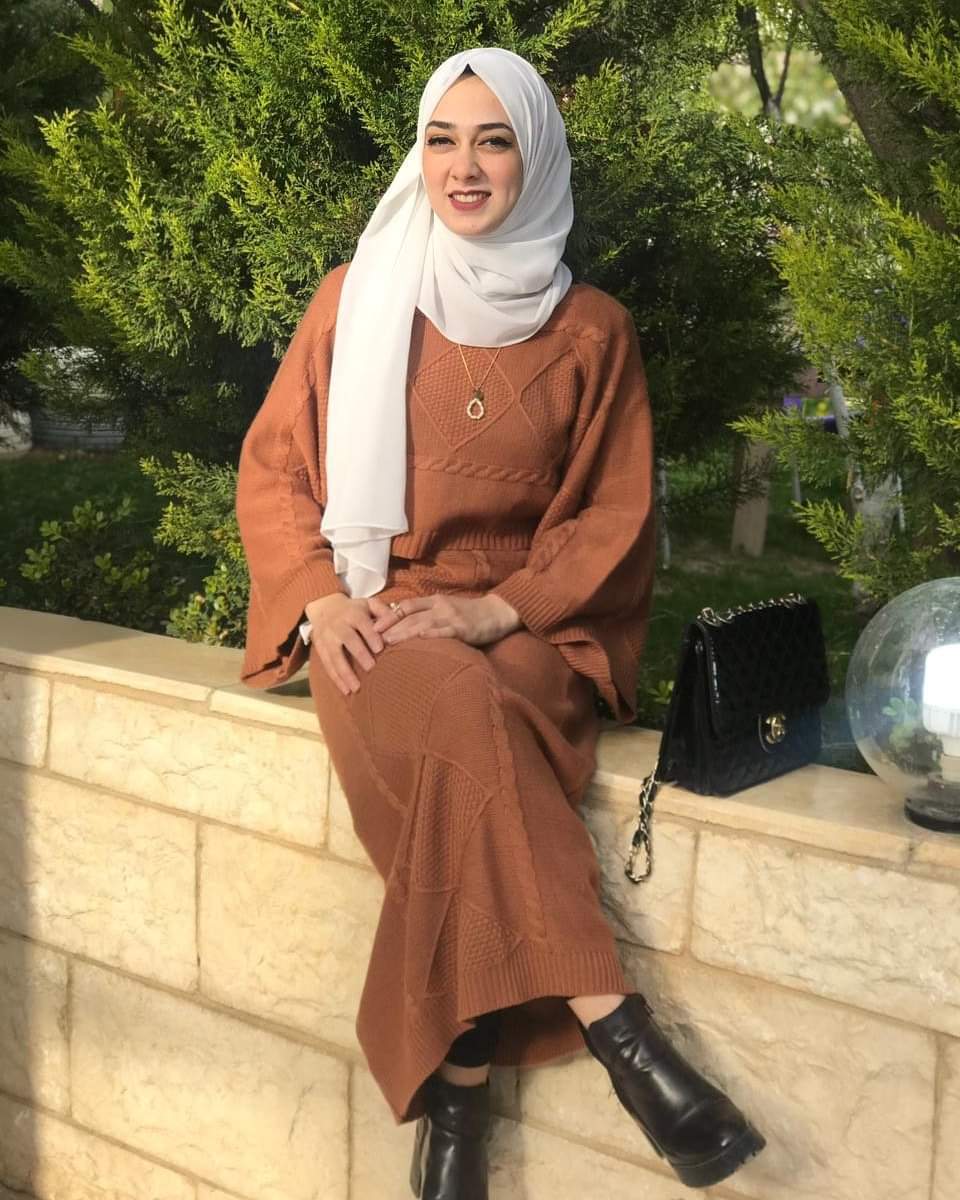
How is ERC's work creating a change? Please elaborate on local conditions - is it easy to integrate Jordanians and Syrians?
Our work is directly tied to building community support and focusing on points that prevent society from developing. I work on training materials that compensate for these gaps and increases awareness.
For example, after completing training in the field of entrepreneurship and project management, one of the Syrian youths contacted me and told me how big of a change it was for him. Keeping in mind what he learned, the sales went from 100 dinars per month to three times as much. This made me proud of my work.
The most crucial point in this work is that the society needs conscious confidence building. When men and women, Syrians and Jordanians study together – it will deepen the integration between different nationalities, businesses, and genders.
[1] Tawjihi is the General Secondary Education Certification Examination in Jordan and serves to determine which subjects Jordanian students are permitted to study in Jordanian universities. First, a student must pass the Tawjihi with at least a 40 percent in order to be considered for a local university. After passing this cut-off, each student’s individual score will dictate which higher education path he or she may take. For example, only the students who score a 95 or higher on their Tawjihi exam are permitted to study medicine.
